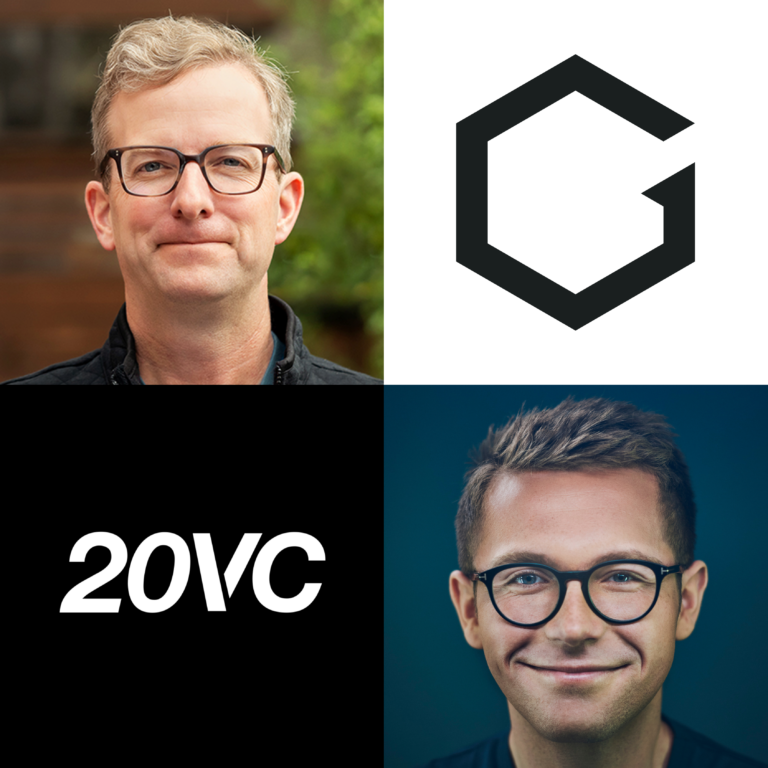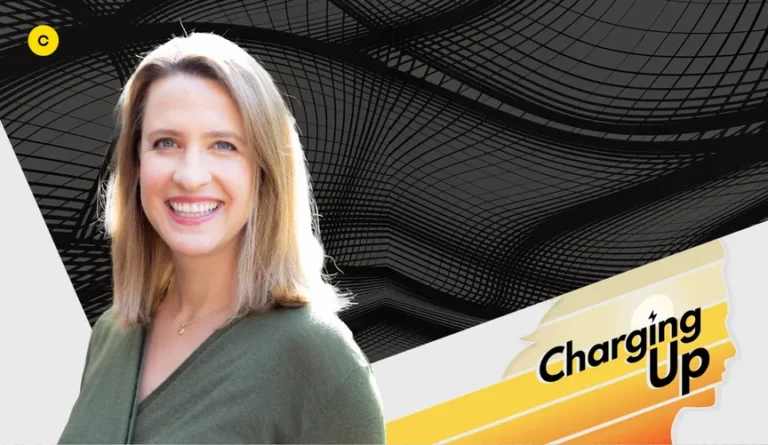Insights
Transitioning Your Career Into Climate Tech
Apr 26
At SF Climate Week 2024, a panel of climate tech leaders shared what they had learned from transitioning from technology, sales, and consulting careers. The discussion, moderated by Jill Macri from Growth by Design, featured Natalie Khtikian from CO280, Alicia Harmon O’Meara from Arbor Energy, and Selina Tobaccowala from Home Boost.
10 Takeaways from the Conversation:
1. Climate Tech Needs Diverse Skill Sets: Recent research from Work on Climate finds that of the people who want to work on climate solutions, 64% say that the main thing holding them back is that they don’t see how their skills apply. Alicia and Natalie recommend going beyond titles or subject matter expertise and making a list of project responsibilities and the skills you’ve built throughout your career as a better starting point.
2. Seriously, Business Skills are Needed: Natalie points out how the sector is maturing, and “…right now there are a lot of companies realizing that we need to grow up and we need to show that you can build a strong business, that’s also doing good for the world.” Mike adds that at the end of the day, climate companies are companies and need all of the same skills any business does, so “If you’re good at consumer marketing, if you’re good at B2B sales, if you’re good at engineering, hardware, software, product design, finance–each of those skills are critical to building climate tech companies.”
3. Your Path Will Be Non-Linear: As a longtime recruiter, Jill has guided many people through transitions and says, “There’s nobody who has a straight line. They’re always winding roads. And I think, especially when people are switching industries. Usually, there’s some stepping stone that happens.” She adds, “I see people wanting to get into early-stage climate tech companies, but those companies don’t have the infrastructure for substantial on-the-job training. So, it might make sense to go somewhere more developed first, where you’ll be able to learn. Then move to the next thing.”
Natalie emphasizes “It’s always easier to move around in a space after you’re already in it and you’ve made connections. You take a step, even if it doesn’t feel like your forever job.”
4. Take the Initiative to Learn About Climate: Before founding her company, Homeboost, Selina took courses with Terra.do. She adds, “There’s a huge amount of resources to start educating yourself. I took a course that went through all the different areas to start understanding where I could use my consumer skills to have an impact.”
If you’re looking to join a team, Jill adds, “I’m seeing more and more companies that want to know if the person is passionate or interested in climate. So, educating yourself also shows the initiative to learn. I’m seeing from our companies that they’re hiring people who show that even if that person hasn’t worked in climate before.”
5. Network, Network, Network: The idea of cold outreach can be intimidating, and if you don’t already have a network working on climate solutions, where do you start? Natalie shares that she got the best advice early in her journey by just reaching out. “Send a bunch of LinkedIn messages and see what sticks. Many people will not have time to respond to you. That’s fine. Someone will, and that’s a good place to start. Folks in this space are generous with their time. They want more people to enter this space, so they’re open to mentorship and connections.”
Jill adds, “Your first impression is going to be LinkedIn. I see people spend six hours on their resume and 15 minutes on LinkedIn; probably should be switched.”
6. Get the Attention of Hiring Managers: Jill and Selina emphasize the importance of networking your way into a company you’re interested in. Selina suggests figuring out who the hiring manager is and pitching your interest directly. Jill adds to try the rule of three: find three people you think are well positioned, which means either they’re the hiring manager or have some tangential similarity to you, like where they went to school. The pitch? It can be as simple as saying you’ve already applied (generally a prerequisite) and would love to chat about it, adding a specific reason you’re a fit for the role.
As a hiring manager at an early-stage company, Alicia says, “If you explain your story well, it’s pretty easy to get my attention. But I often see that people don’t put in the effort. Instead, and especially if you’re trying to change industries or don’t have the exact title, think about what that JD is asking for and what you think that job could do, and then write your bullet points and a cover letter accordingly.”
7. You Don’t Have to Know Everything: Everyone had a story about feeling intimidated when first reaching out. Focusing on the unique value they could bring to a problem or company helped each panelist get through it. Even Selina, with a depth of experience as a startup founder and global tech executive, shared, “I got very intimidated. I don’t have a hard sciences degree. I have never done hardware.” As she talked with more builders, she grew confident that her experience in bringing products to market was valuable.
Meanwhile, Alicia shares, “To say I was intimidated by the people in the room is an understatement. But I realized that my experience outside of climate tech helped push some of the boundaries of the thinking within the company, and there was a lot of value that I could really add.” Alicia also suggests focusing more on asking engaging questions than trying to sound smart, “My way of proving the passion was just asking engaging questions, having conversations, and not making it a ‘what’s in it for me’ or ‘what’s in it for you’ but instead approaching as ‘let’s talk about this crazy space.'”
8. Be Picky About the People You Work With: Selina points out, “Because the space is so new, there’s nothing more important than the people. Everything is so new, and everyone’s trying to feel their way into what’s a business model. The resilience of the founders and the team is important, so focus on the people in the room.” Natalie adds, “Spend a lot of time with the folks you’re going to work with if it’s a small team and try to spend some time outside of an office. Get to know them more than you think you should.”
Good questions to ask when assessing fit: Ask for a specific case where you might hit a hurdle and how they’d support you in getting through it. Ask hard questions about what’s broken, what the challenges for a role will be, and what the team’s work style is really like.
9. Taking Action is a Great Antidote to Climate Anxiety: A common concern about moving into climate work is whether it will be too depressing or heavy. Each of our panelists shared that their experience has been quite the opposite. Doing something feels better than nothing. As Natalie shared, “I had pretty bad climate anxiety before. Working in this space and feeling like I’m doing everything I can makes it go away.”
Selina highlights the benefit of just surrounding yourself with others who are also committed to solutions, “Listening to all the innovation is so inspiring, it’s like the doom and gloom goes away. You see how I’m trying to do something, but you also meet all these people that are, from my perspective, doing ten times more than I could ever do.”
10. Pay it Forward and Mentor Others: We all can point to the people who helped us get to where we are today. Whether that was responding to our cold LinkedIn outreach, pointing us toward a climate course, or people we met as part of a climate community. Once you’ve made the move, how can you be an effective mentor? Selina shares that you can help them clarify what they’re looking for and structure the conversation so you can effectively reach your network or provide resources.
Jill adds, “I think you can also give them honest feedback that they might not be getting from others. When people are looking for jobs, we want only to build them up and make them feel positive, but I think one of the best things you can do is be very direct about where you see the gaps and what they might need to work on.”
Watch the Full Panel
Featured Posts

Insights
Lessons on Scaling Hardware with Matt Rogers and Mike Schroepfer
Apr 25

Insights
Schrep on the $10T Climate Tech Opportunity and Why the Best Leaders are Like Orchestra Conductors with Harry Stebbings
May 29

News
Victoria Shares Her Journey into Climate Tech on Canary Mediacall_made
Feb 23